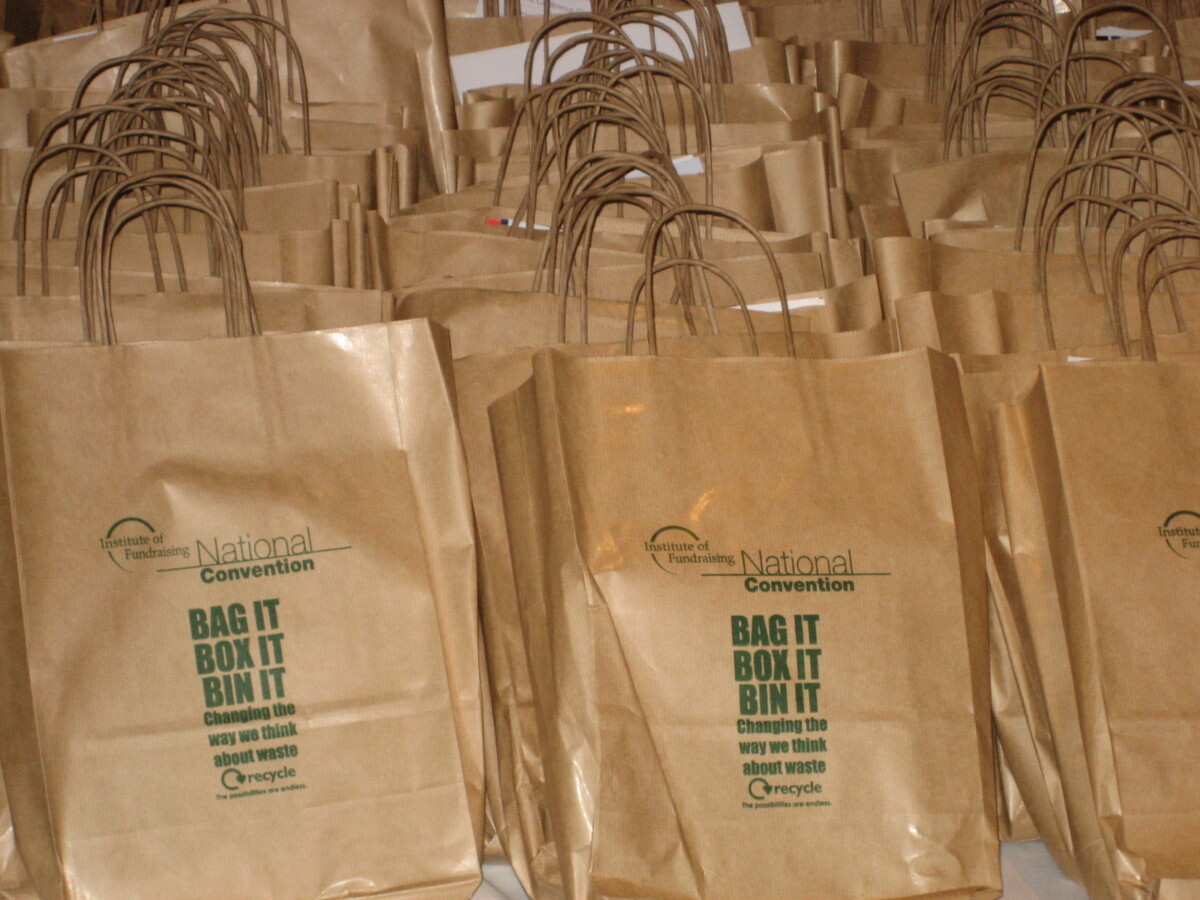Best Donor Acquisition Campaign
The shortlist for the best donor acquisition campaign category in the 2007 Institute of Fundraising National Fundraising Awards has been announced.
The award is for the best campaign to recruit new supporters using any or many fundraising techniques.
Shortlisted entries are (in alphabetical order):
British Red Cross – Middle East Crisis Appeal
In July 2006 The British Red Cross launched an appeal to raise funds for people affected by the conflict in the Middle East. The aim was to raise £240,000 in gross income and £144,000 net income; to achieve an RoI of over £2.5:1 and to inspire more than 4,400 people to give a donation to the British Red Cross for the first time. The campaign used a combination of national press advertising, direct mail to cold, lapsed and reciprocal names, and cold email advertising.
Advertisement
The Red Cross targeted potential donors from sources known to work in previous emergency appeals – especially those audiences who responded well to appeals during times of conflict. Press advertising focused on broadsheet newspapers such as the Guardian, Independent, Times and Telegraph. All ads were placed at very short notice to minimise costs and the creative was updated to ensure its topicality and to maximise response. Direct mail concentrated on potential donors with a similar profile to that of the charity’s traditional donorbase – over 654, mail responsive and interested in current affairs. The cold email campaign – the first the Red Cross had undertaken – was chosen from email lists previously targeted by other charities.
Results beat the targets. £256,000 was raised in gross income, resulting in £258,000 in net income and an RoI of £2.6:1 was achieved. 4,500 new donors were recruited and an average gift of over £57 was achieved. Reciprocal lists achieved the highest response and RoI in the direct mail campaign, performing even better than lapsed donors.
The Red Cross traditionally finds conflict situations very difficult to fundraise for and the complexities of the situation in the Middle East meant it had experienced difficulties in soliciting funds through corporate, trust and major donor routes. Donors were sent a thank you letter within a week of receiving their donation and they have now been included in the donor development programme.
Faber Maunsell/Workplace Giving UK
Faber Maunsell – consultants specialising in building, transport and environmental engineering – decided to revamp the payroll giving scheme it had been running since 1993 and which has had a static uptake of around 2.5 per cent of the workforce.
The company set a target of five per cent (an additional 63 employees) and wanted to increase employee awareness of the scheme. It used PFO Workplace Giving UK whose advisers spoke to individual employees about the scheme at their desks.
The scheme was relaunched in November 2006, targeting all 2,500 UK employees based in 30 offices across the UK. Faber Maunsell’s CEO Ken Dalton carried out a series of Employee Roadshows, ahead of Workplace Giving UK’s visits and all employees were sent a ‘teaser’ email one or two days before the visit. Each office also had A3 posters advertising both the scheme and the visits.
Results in four months saw 242 additional employees signed up, supporting 122 charities. This raised an extra £44,751 a year and increased employee participation to 12 per cent. Annual visits to promote the scheme will build on this success and allow employees to upgrade donations if they want to
Soil Association
This was an inserts campaign to recruit new members. This campaign identified five different potential markets and developed bespoke membership offers for each which was then tested via inserts in niche media. The campaign was fully integrated with the welcome process.
A new creative was developed for each of the five potential markets: parents of young children; health interests; wildlife enthusiasts; 1960s demonstrators; and activists.
The campaign raised over £14,000 and gained more than 300 new donors via direct debit. These inserts matched previous campaigns, but average gifts were particularly high at over £37. The Soil Association will evaluate the campaign after 12 months with analysis of the lifetime value of the donors acquired.
The first year’s communications have been developed specifically with the objective of obtaining a second action or support from the member which could be a donation, campaigning action, advocacy, or renewal.




